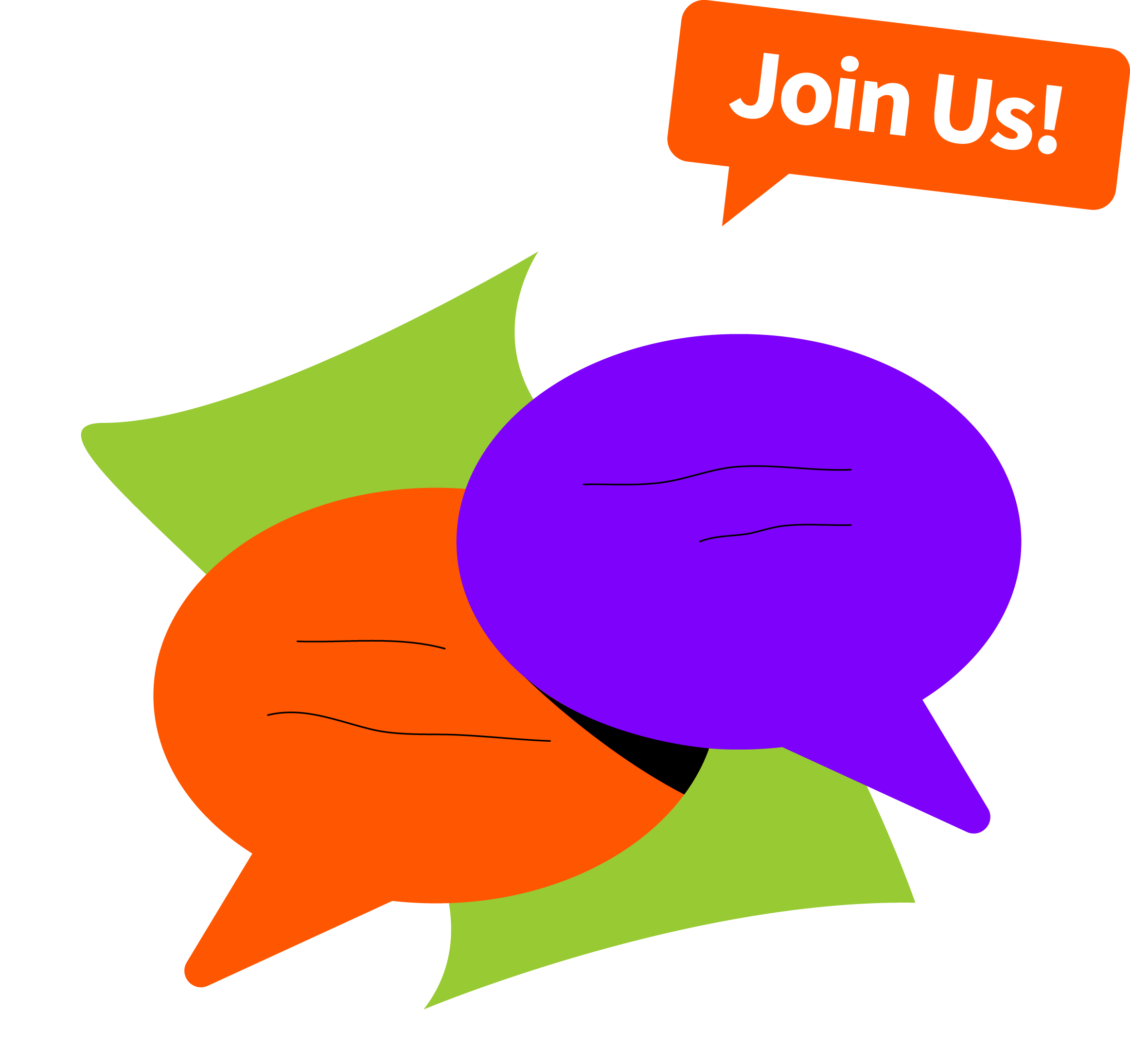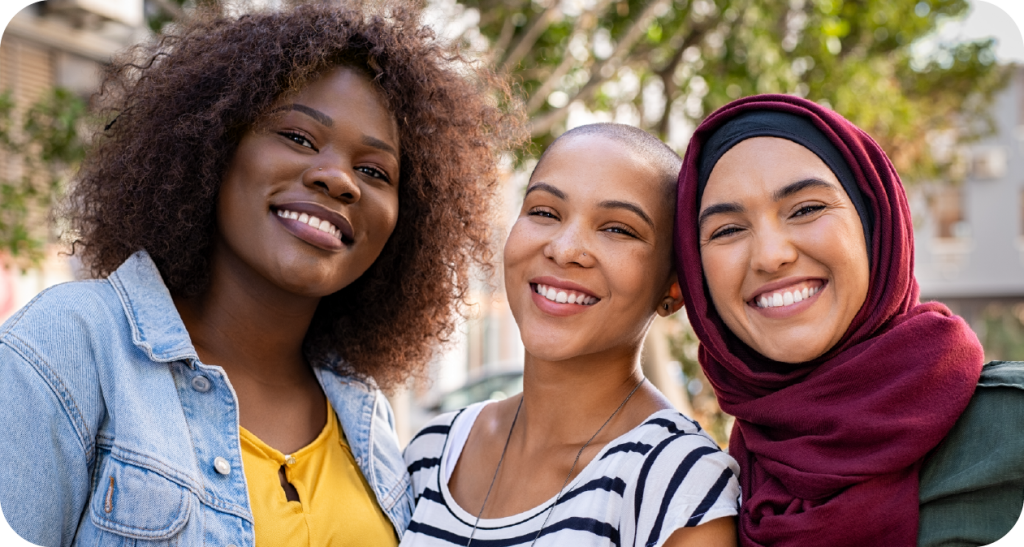
Youth explore how they internalize and form perceptions and how they can work to challenge such thinking. Through activities, media resources, and authentic global youth stories, youth learn to reflect on their own assumptions, explore the perceptions they encounter in their communities and in the media, and create an action plan for addressing such perspectives in themselves and others.
Global Nomads uses the power of storytelling to promote empathy and bring social topics to life through day-to-day realities. Participating youth read authentic, impactful stories from youth participants around the world that reveal deep truths about global issues, then enhance the conversation by sharing their own stories with fellow Student to World users. All participants are eligible to participate in moderated live conversations with other youth from around the world.


Educators
Classroom teachers and school administrators.
Group leaders & mentors
Afterschool programs and groups, faith-based organizations, scouting, clubs, etc.
Independent learners
Individual youth participants.
Online Access, 4 Learning Modules,
Live Virtual Events, Age 13 – 19,
English, Arabic, American Sign Languag
Teachers, Educators, & Leaders
Create an account and invite students or youth participants.
Students
If your teacher or group facilitator gave you a code.
Independent Learners
Take a course on your own.
Includes written text, images, videos, and multimedia.
Content is available in a growing selection of languages:
Module 1:
Everyday Book Covers
Youth understand the media’s ability to shape the way we think, and how it can contribute to bias. Understanding the importance of ‘filter bubbles’, and diverse representation, youth re-envision media to promote social justice.
Module 2:
Everyday Local Contact
Youth consider the digital divide between countries and engagement with diverse media sources. They explore misrepresentations and dive into the concepts of truth, accuracy, and algorithms..
Module 3:
Everyday Global Community
Youth explore the environmental impact of the media industry, learning about the Green Production Guide, and eco-producers. They reflect on different types of reporting on issues such as climate change.
Module 4:
Everyday Action
Youth read about the skills needed for a future in the film and media industry. They design goals in order to pursue a career in this field while attending to the importance of justice and sustainability.
United Nations Sustainable Development Goals

Copyright . 2025 Global Nomads Group. All Rights Reserved.